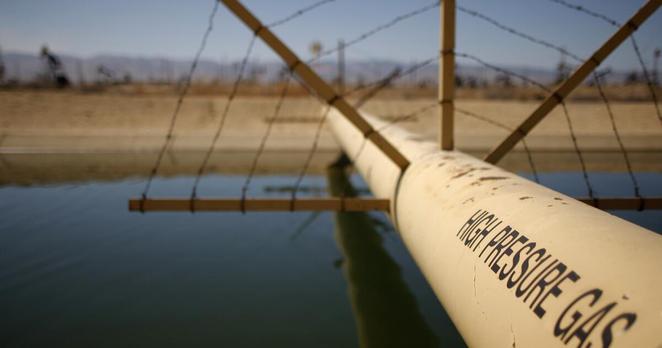Orbán deploys troops to guard energy sites over alleged Ukraine threat – POLITICO
Together with pro-Russian Slovak Prime Minister Robert Fico, who on Monday cut off emergency power supplies to Ukraine,…
#NewsBeep #News #Headlines #Elections #Energyinfrastructure #Hungarianelections2026 #Hungarianpolitics #hungary #Oil #PeterMagyar #Pipelines #RobertFico #Security #Ukraine #ViktorOrban #World
https://www.newsbeep.com/409489/
A Technical Question Before the Supreme Court Could Seal Fate of Line 5 Pipeline
Many tribal nations say the pipeline threatens their waters, treaty rights, and ways of life.Wednesday, February 25, 2026
Russia's Transneft cuts oil intake after Ukrainian strike on Druzhba pipeline hub -- America warned Ukraine in November 2025 that its strike on Russia's Novorossiysk port threatened American economic interests -- US abstains from UN vote on 'lasting peace in Ukraine' on 4th anniversary of war -- Trump’s theater and Europe’s fear could bring 4 more years of war ... and morehttps://activitypub.writeworks.uk/2026/02/wednesday-february-25-2026/
ACER recommends aligning Slovak gas transmission tariffs with EU rules
https://www.acer.europa.eu/news/acer-recommends-aligning-slovak-gas-transmission-tariffs-eu-rules
The report assesses the compliance of the proposed reference price methodology (RPM) with the requirements of the EU Network Code on Harmonised Transmission Tariff Structures (NC TAR).
👉 OGEL Journal Special Issue on Natural Gas Pipeline Construction and Regulation https://www.ogel.org/journal-browse-issues-toc.asp?key=83
#Pipelines #Energy #Law #Contracts #Financing #NaturalGas #Gas #LNG #Policy #Legal #Export #Infrastructure
Contributor: Blending hydrogen into gas pipelines would enrich utilities and harm Californians
https://misryoum.com/us/environment/contributor-blending-hydrogen-into-gas-pipelines-would-enrich/
The people of Orange Cove in Fresno County could soon be an unwilling part of an experiment in dangerous, expensive utility boondoggles. And if California’s gas companies get their way, families statewide will be forced to pay higher energy...
#Contributor #Blending #hydrogen #into #gas #pipelines #would #enrich #utilities #and #harm #Californians #US_News_Hub #misryoum_com






